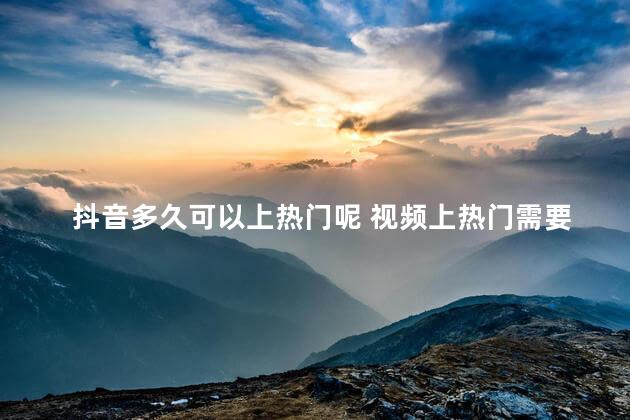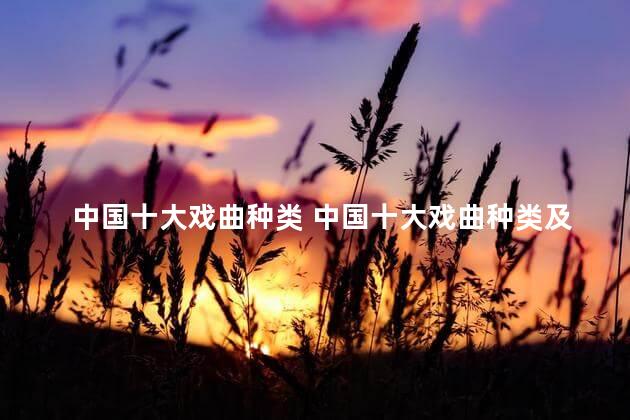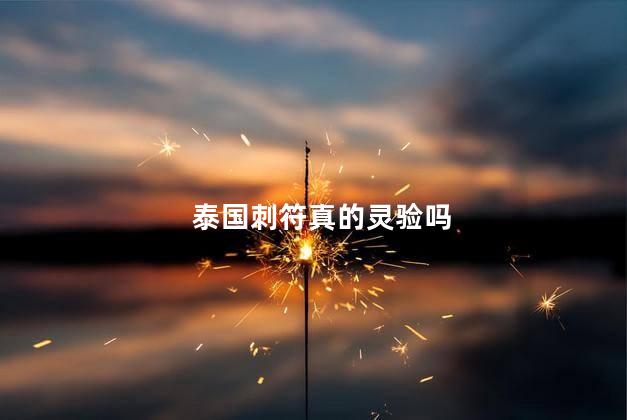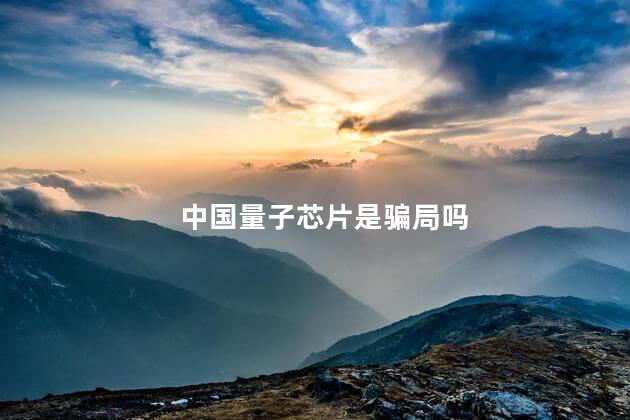关于是真的吗英语的知识点,成都头条网将为你整理了下面这些知识。

Is it True?
Yes or No? That is the question. In a world where information is abundant and easily accessible, it can be difficult to distinguish fact from fiction. From rumors spread on social media to news articles that aren't quite accurate, it's important to know how to determine whether something is true or not.
The Importance of Fact-Checking
As society becomes more reliant on technology and social media for news and information, the need for fact-checking becomes more urgent. The potential consequences of believing something untrue can range from simply being misinformed to causing harm or panic.
Tips for Fact-Checking
Here are a few tips for determining whether a piece of information is true:
- Check multiple sources. If a story appears in only one place, it may not be accurate. Look for corroboration from other reputable sources.
- Consider the source. Is the website or publication known for being reliable? If not, take the information with a grain of salt.
- Look for evidence. Does the article cite sources or provide links to additional information? If not, it may not be credible.
- Use fact-checking sites. Websites such as Snopes and FactCheck.org are dedicated to debunking common myths and separating fact from fiction.
The Consequences of Believing Something False
While it may seem harmless to believe a rumor or falsehood, the consequences can be serious. In some cases, misinformation has led to panic, harm, or even death. For example, false information about cures for COVID-19 led some individuals to try dangerous treatments such as ingesting bleach.
The Importance of Critical Thinking
Ultimately, the ability to distinguish fact from fiction comes down to critical thinking. We must evaluate our sources of information carefully and apply logic and reason to determine whether something is true. In a world where misinformation can spread quickly and easily, critical thinking skills are more important than ever.
In Conclusion
Is it true? The answer is sometimes yes, sometimes no. But with careful fact-checking, we can make informed decisions and avoid the potential consequences of believing something false. By practicing critical thinking and seeking out reliable sources of information, we can all become better equipped to navigate the ever-changing landscape of news and information.















